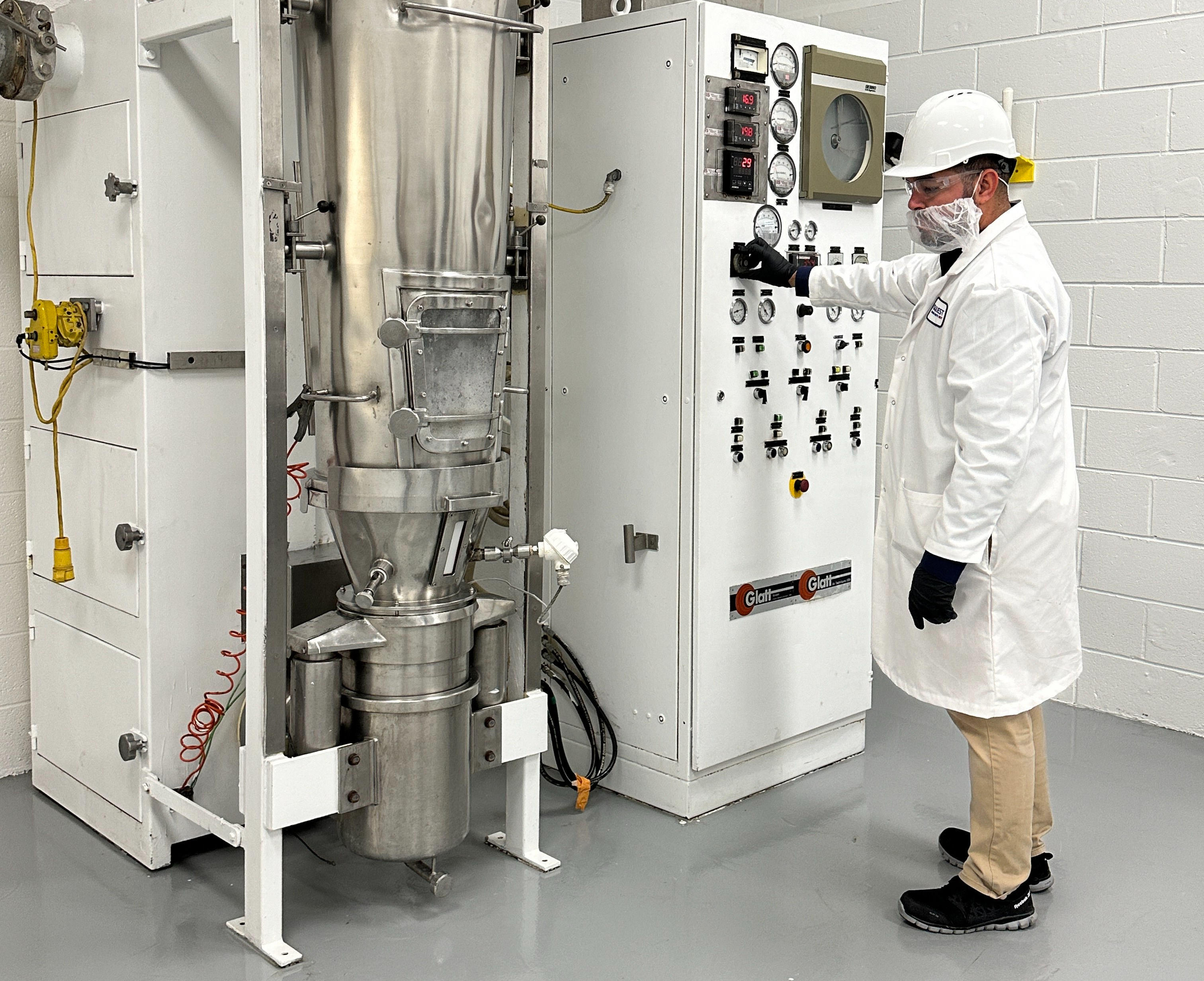
Ayurvedic Extract Reduces Sugar Reward Response

The study was performed on 40 healthy men and women with a fondness for sweet food. It was a double-blind crossover study. Participants ate 52% less candy on the day they received the gymnemic acids (GA) lozenge than the day the received the placebo lozenge.
Gymnemic acids come from theGymnema sylvestreplant, which has been used in Ayurvedic medicine to treat a variety of ailments.
Eric Stice, Ph.D., and his team at the ORI conducted the study, titled “Effects of gymnemic acids lozenge on reward region response to receipt and anticipated receipt of high-sugar food,” published inPhysiology & Behavior. While the plant has long been known to reduce taste of sugar, this particular study used functional magnetic resonance imaging to show that GAs block sweet taste receptors.
The research also showed that an initial taste of a high-sugar food increases reward region response to anticipated intake of more of the high-sugar food, and that GAs significantly reduces activation in the brain in response to anticipated tastes of high-sugar food as well as response to the actual taste of the high-sugar food.
“The evidence that blocking sweet taste receptors with gymnemic acids reduces anticipated reward from high-sugar beverages is a very novel finding," Stice said in the release. "This may be a game-changer regarding approaches for reducing intake of high-sugar foods.”

The editorial team at WholeFoods Magazine has decades of experiences reporting on natural products industry news, trends, and more. This national, monthly business-to-business magazine has been published continuously for nearly 40 years (the magazine was founded in 1977, and has been owned by Wainer Finest Communications since 1984). It is the longest-tenured media outlet of its kind in the natural products industry. The editorial focus at WholeFoods Magazine is, and always has been, on informing and educating members of the natural products industry.
The Magazine
Information
About Us
NOTE: WholeFoods Magazine is a business-to-business publication. Information on this site should not be considered medical advice or a way to diagnose or treat any disease or illness. Always seek the advice of a medical professional before making lifestyle changes, including taking a dietary supplement. The opinions expressed by contributors and experts quoted in articles are not necessarily those of the publisher or editors of WholeFoods.







